1. Washington
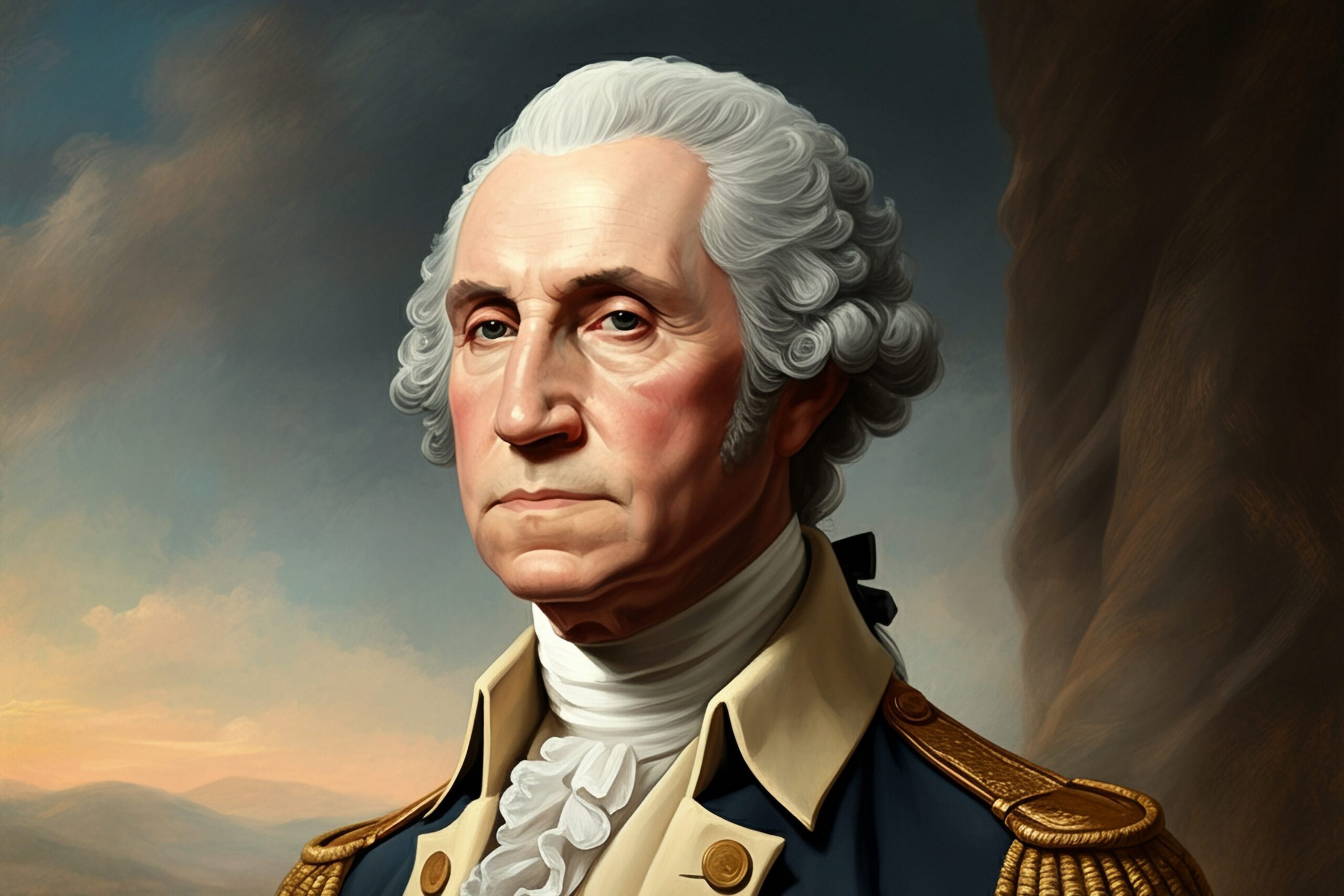
You can’t hear “Washington” without thinking of George himself, but this surname goes far beyond the first president. After emancipation, many formerly enslaved people took the name Washington as a powerful symbol of freedom and dignity. It was a quiet, defiant way of saying, “We belong here, too.” Today, it’s one of the most common surnames among Black Americans, even though George Washington had no direct descendants says Wikipedia.
The name carries layers of American identity, from the founding of the country to the legacy of slavery. It reflects a painful past, but also the hope and resilience of generations determined to forge a new path. You could say it’s a name that reclaims history while honoring it. And chances are, someone you know carries that legacy every day adds Ancestry.
2. Lincoln
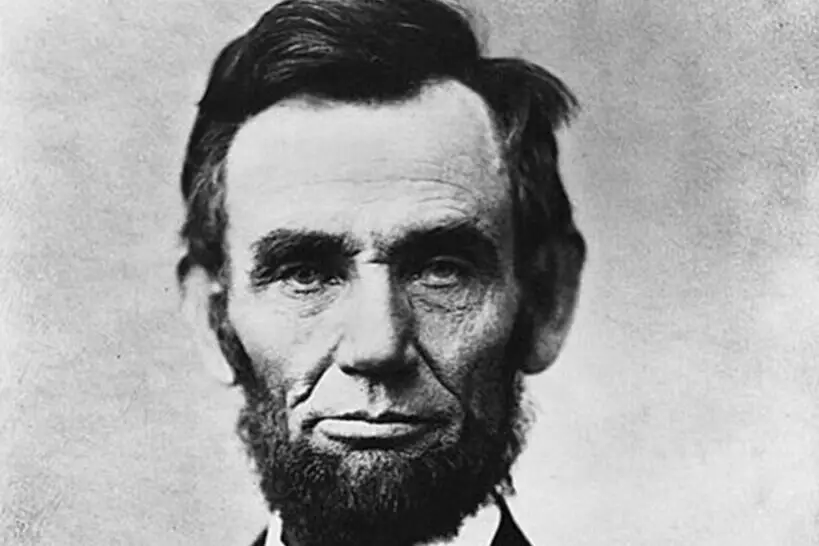
When people hear “Lincoln,” they often jump straight to Honest Abe, but the name has its own story of reverence and remembrance. Like Washington, many freed people adopted the surname after the Civil War, aligning themselves with the man they saw as a liberator. It became a tribute and a new start all in one shares 23andMe.
The popularity of the name shows just how deeply Abraham Lincoln’s legacy shaped the lives of people who never even met him. It’s a name that stood for justice and change, and for many families, it marked a new chapter. Even today, it echoes in towns, schools, and neighborhoods across the country. Lincoln isn’t just a president—it’s a promise continues ThoughtCo.
3. Jackson
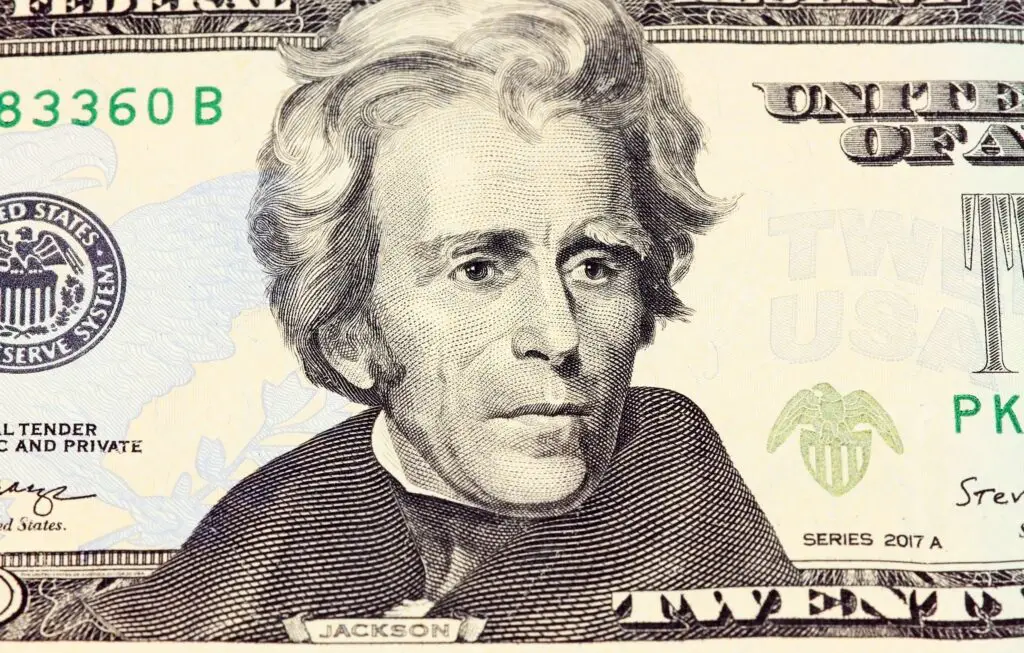
“Jackson” is one of those names you see everywhere—streets, cities, schools. But there’s a reason it became so widespread, especially among African Americans. Andrew Jackson was a towering figure in early U.S. politics, but not always for the best reasons, especially when it came to slavery and Native American removal. Still, the name stuck around in many places and in many households.
After emancipation, it was common for formerly enslaved people to take on the names of their former owners, and Jackson was a frequent one. Over time, the name lost its plantation tie and grew into its own story. It became woven into music, sports, politics—you name it. The legacy of the name Jackson is complicated, but undeniably American.
4. Lee
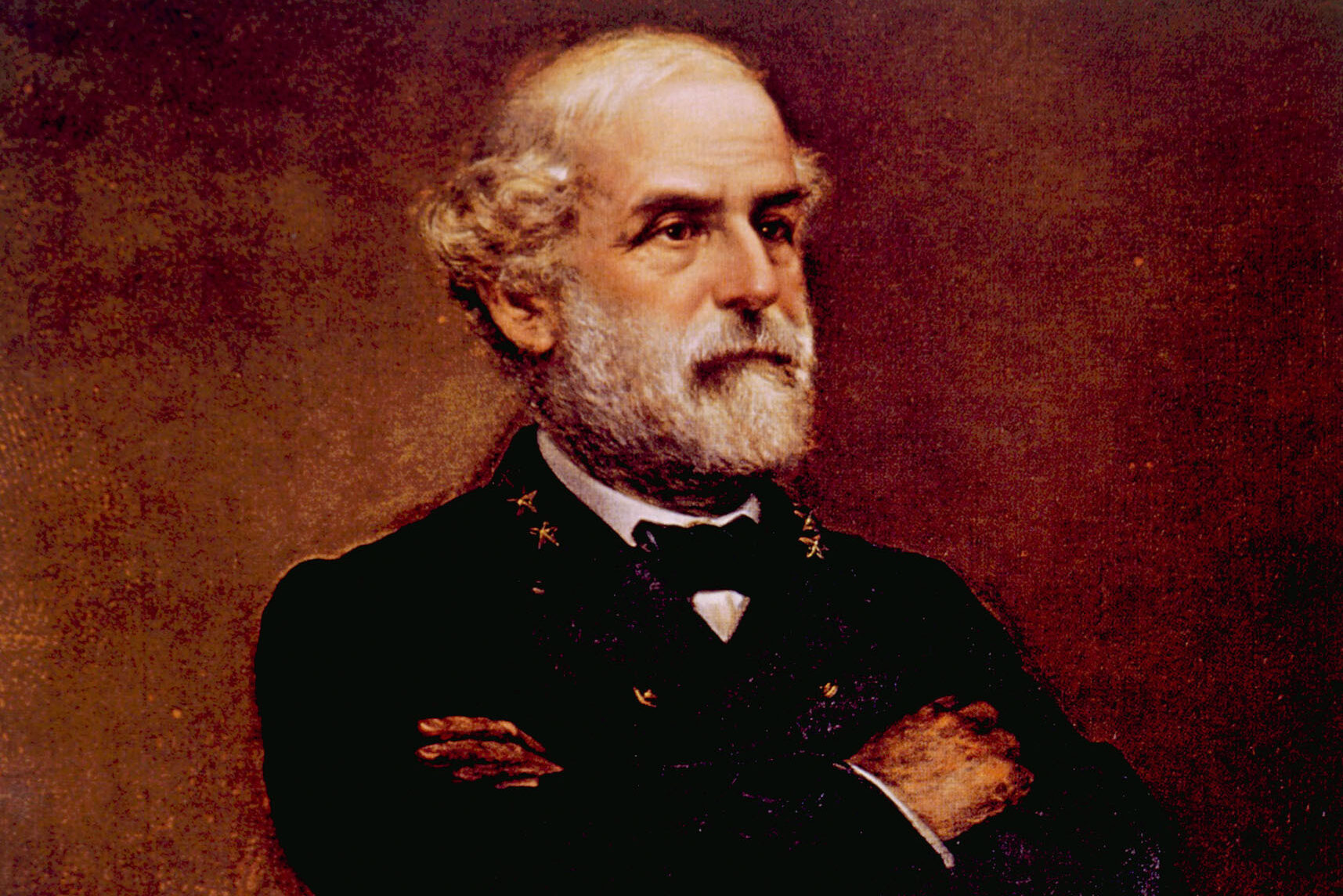
The surname Lee can lead you in several directions. For many, it conjures up General Robert E. Lee and the Civil War, a name tied to rebellion and Southern pride. But Lee has roots far older and more varied than the Confederacy—it’s also one of the most common Chinese surnames in the world.
Immigrants from China brought the name with them in the 19th century, when they arrived to work on railroads and in mining towns. So in one corner of the country, Lee might represent Civil War history, while in another, it speaks to immigration and resilience. It’s one of those surnames that reveals how layered American identity really is. You could meet two Lees with wildly different stories—and both are equally American.
5. Johnson
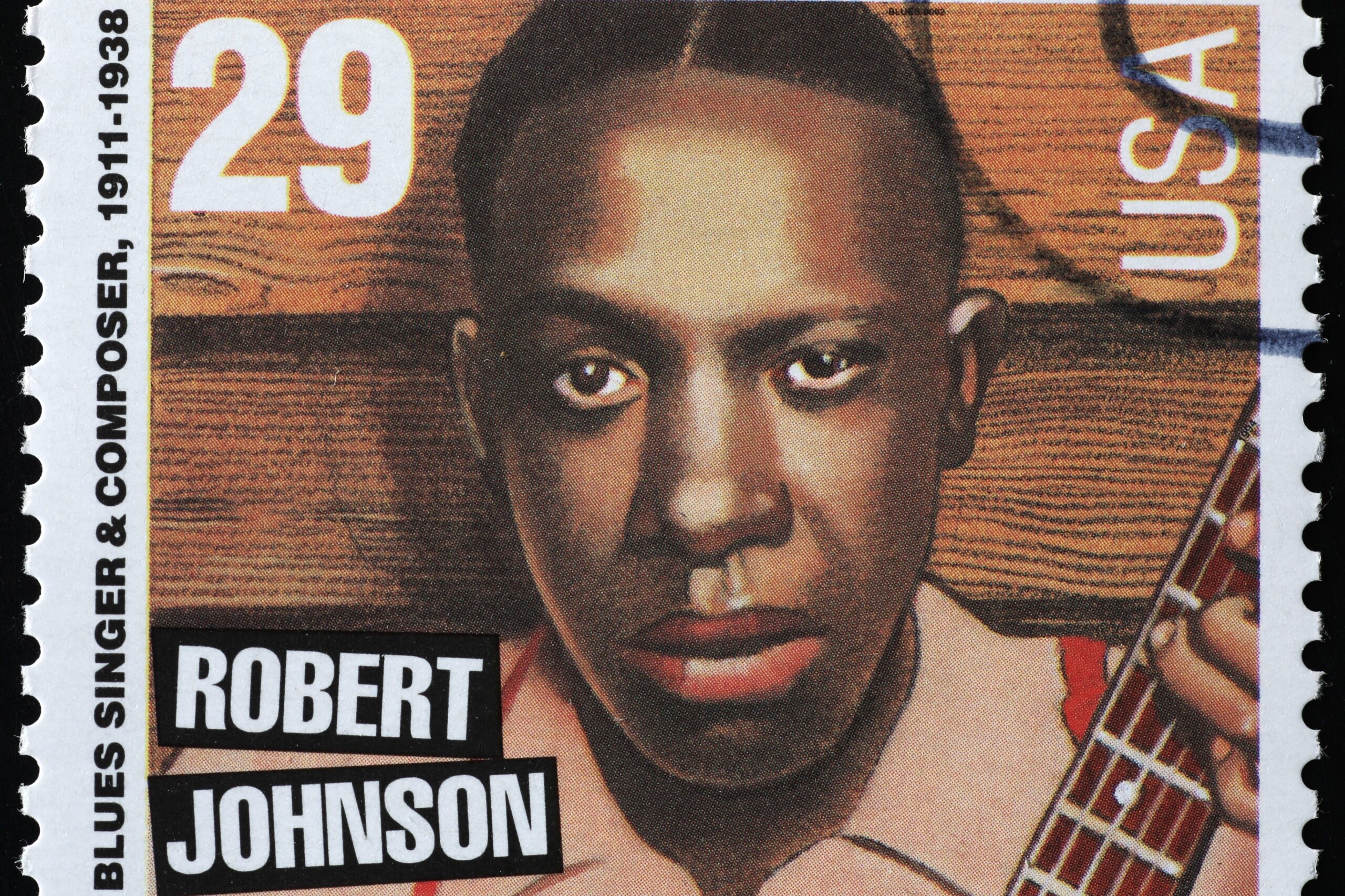
It seems like there’s a Johnson in every crowd, doesn’t it? It’s one of the most common surnames in the U.S., and that alone says a lot. Originally a patronymic name meaning “son of John,” it came over with English settlers and stuck around. Over time, it became common among Black Americans as well, often adopted during Reconstruction or passed down from generations who lived through slavery.
It’s a name that doesn’t scream history, but if you dig a little, it’s all there. Presidents, musicians, athletes—it shows up everywhere. It’s a reminder that history isn’t always in bold letters. Sometimes, it’s in the names we hear every day without thinking twice.
6. Jefferson
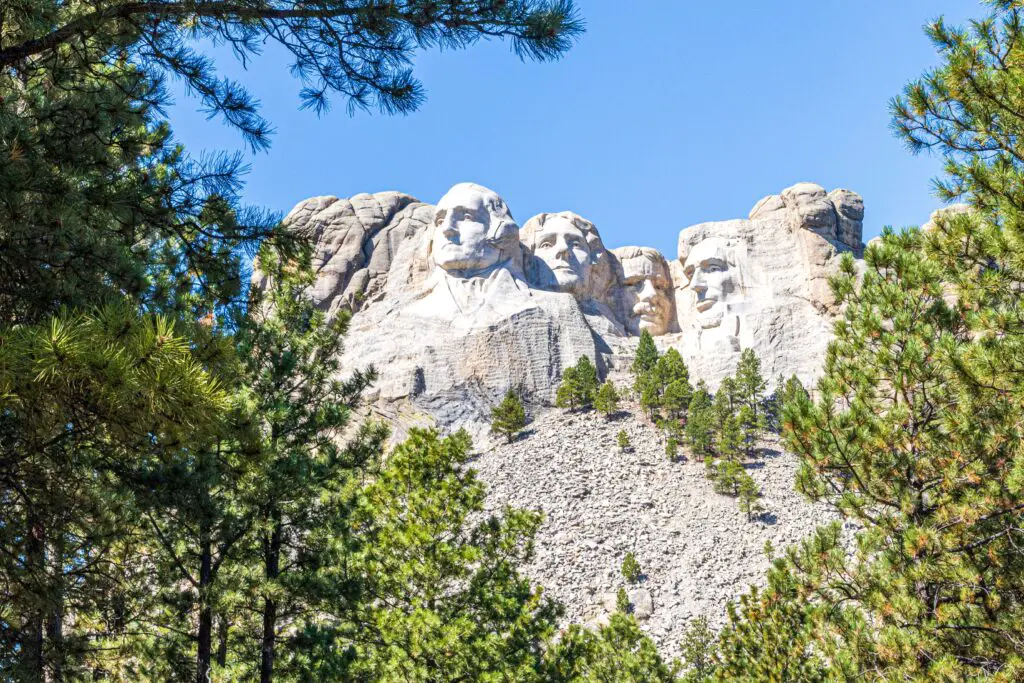
The name Jefferson is elegant, but it holds a stormy kind of history. Of course, Thomas Jefferson looms large here, but what many people don’t realize is how that name took on a life of its own. Many enslaved people from Jefferson’s estate or others nearby adopted the surname after gaining their freedom. It was part honor, part practicality, and sometimes just survival.
What makes Jefferson unique is the tension in its legacy—Jefferson the man was both a champion of liberty and a slaveholder. That contradiction lives on in the name, which now belongs to families who carved out their own meaning from it. When you meet someone with the surname Jefferson, you’re brushing up against that complexity. It’s American history in a nutshell—complicated and real.
7. Franklin
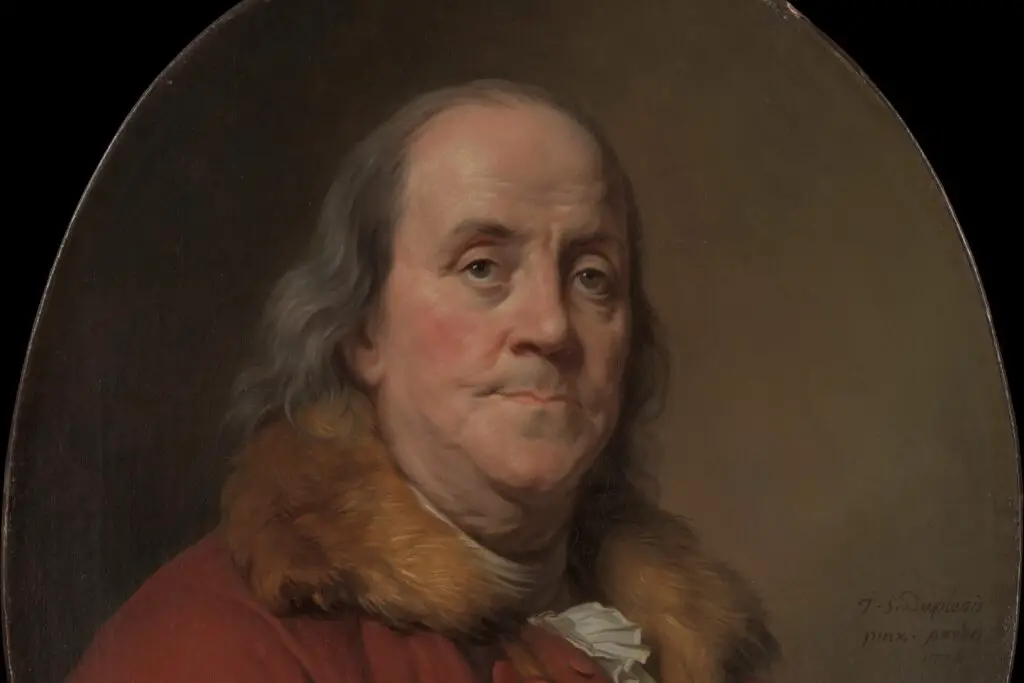
You might think of Benjamin Franklin flying his kite in a storm, but the surname Franklin pops up all over the place in ways you might not expect. It became a popular name during the 18th and 19th centuries, admired for its association with innovation, intellect, and American ingenuity. But like others on this list, it also found new life among African Americans following emancipation.
What’s special about Franklin is how it signals a connection to ideals—freedom, learning, progress. Aretha Franklin added soul and sound to the name, giving it a whole new kind of gravitas. It’s a name that has lived many lives in America, each one telling a different part of the story. And somehow, it still feels current.
8. Adams
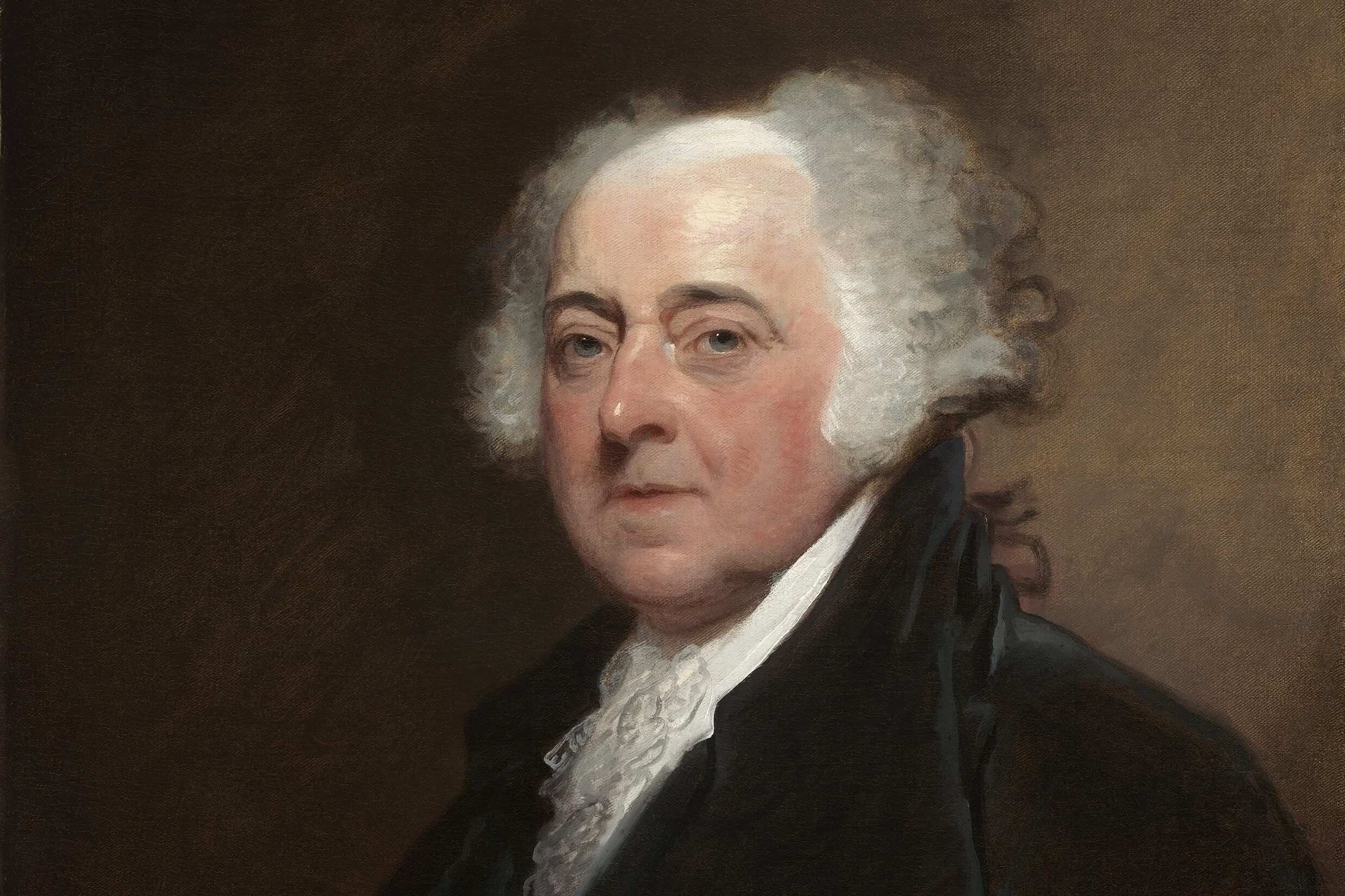
The Adams name shows up early in American history, thanks to John and John Quincy, father and son presidents. It’s got a kind of old New England polish to it—proper, historic, and tied to the early days of the republic. But the name traveled far beyond Boston, picked up by folks from every walk of life as the country grew.
After slavery ended, it was adopted by many newly freed people, either as a symbol of citizenship or because it had been the name of someone they’d worked for or alongside. Over time, the name lost its elite edge and became everyman. Adams families popped up across the Midwest and South, making their own history. It’s a name that saw the White House and the cotton fields—and endured.
9. Grant
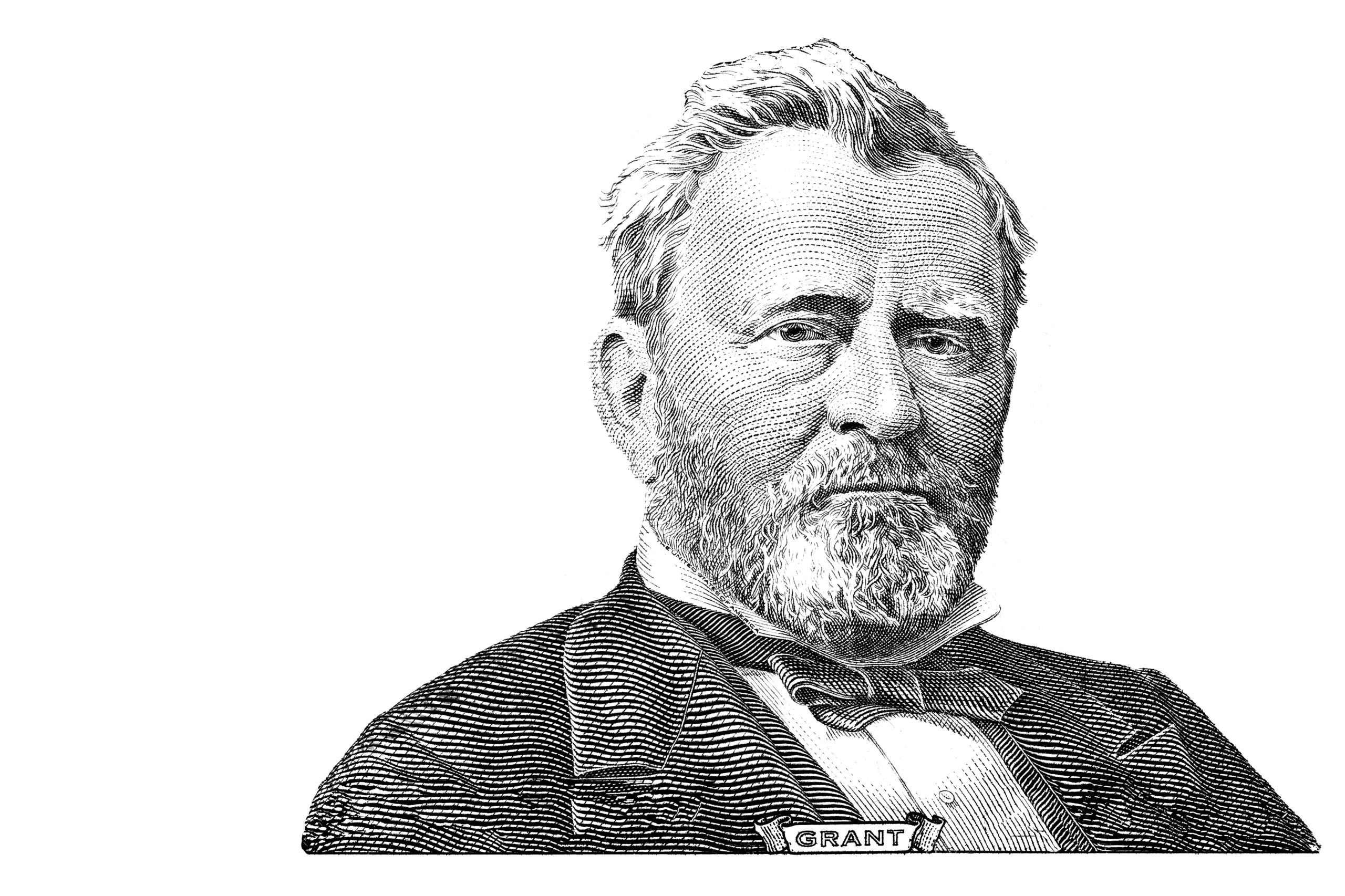
You probably think of Ulysses S. Grant and the end of the Civil War when you hear this name. But “Grant” became more than just a general’s surname—it grew into a name people trusted. After the war, it was commonly taken by African Americans who saw Grant as a symbol of victory and protection. He wasn’t perfect, but he fought hard for civil rights in his presidency.
The name became a kind of badge of honor, a way to declare strength and patriotism. And while it may not be as common as Johnson or Jackson, when you hear it, there’s weight to it. It’s tied to fighting for unity, for progress. Grant doesn’t just belong to one man—it belongs to everyone who believed in the fight for something better.
10. Kennedy
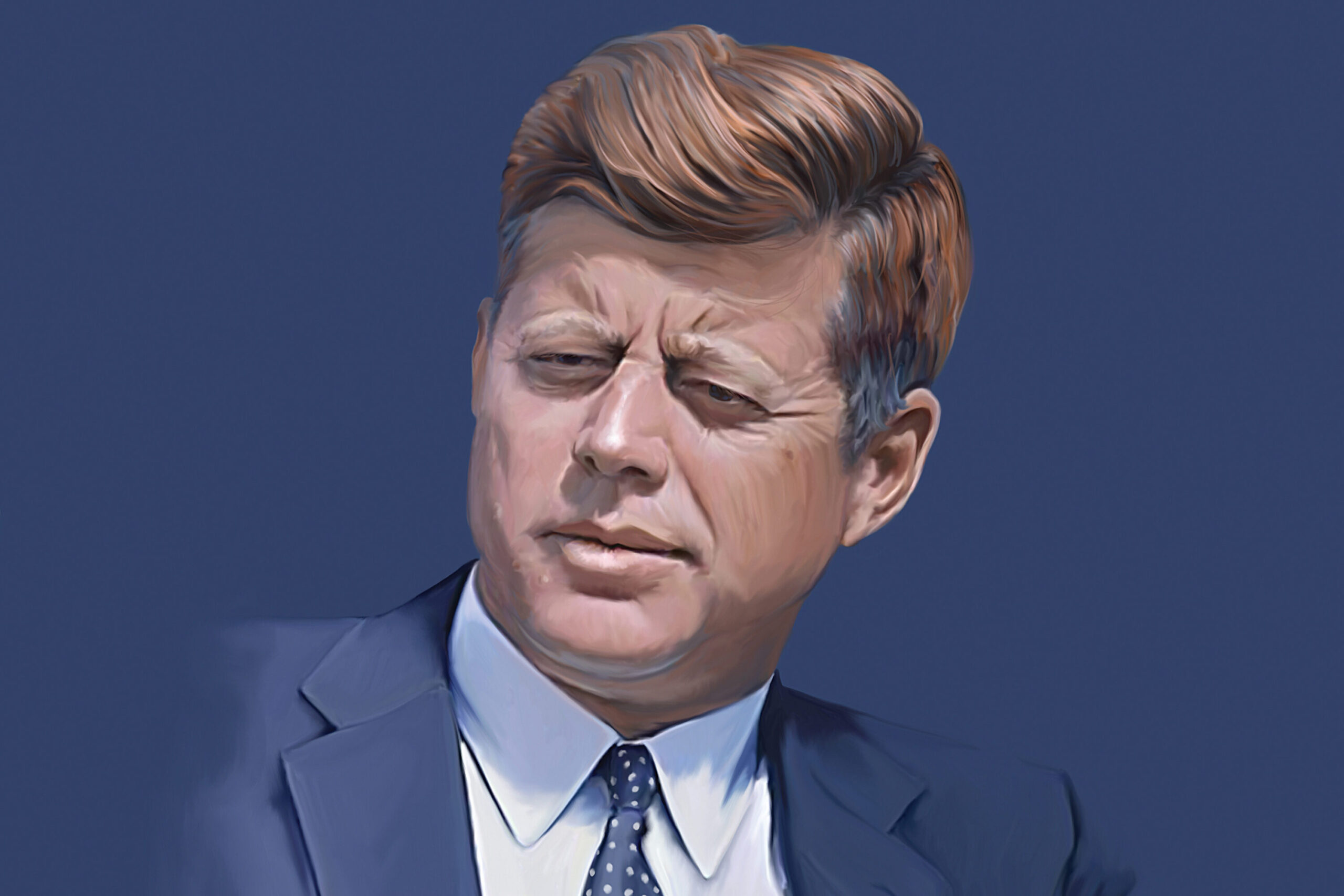
For many Americans, “Kennedy” means glamour, tragedy, and politics all rolled into one. But the name has roots in Irish immigration and the struggle to belong. When waves of Irish families came to America in the 19th century, they weren’t exactly welcomed with open arms. The name Kennedy became a symbol of perseverance through poverty, discrimination, and labor.
As John F. Kennedy rose to the presidency, the name transformed. It became shorthand for a new kind of American story—Catholic, immigrant, idealistic. But behind the charm, the name carried echoes of struggle and grit. Kennedy is more than Camelot—it’s the story of making it against the odds.
11. Chavez
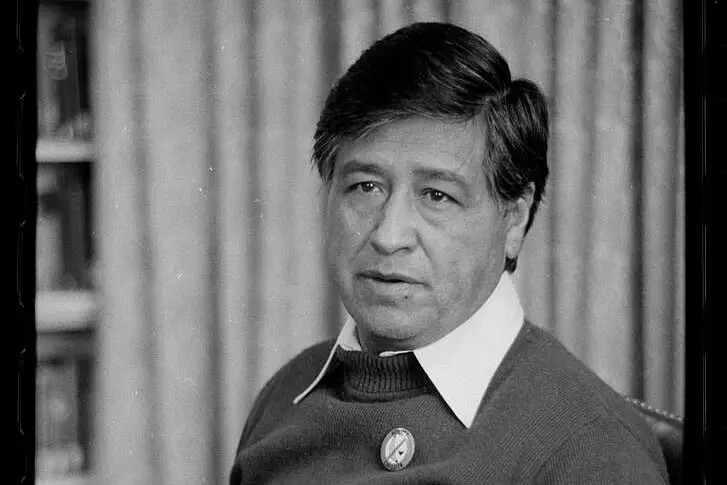
“Chavez” holds a place in American labor history that textbooks sometimes skip over. Thanks to Cesar Chavez, the name became synonymous with activism and farmworker rights. He led strikes and boycotts in the ‘60s and ‘70s that brought national attention to the brutal conditions in the fields. For many Latino families, the name Chavez is a point of pride.
But it’s also just a common surname among Mexican Americans, a tie to roots that go back before many U.S. borders were even drawn. It reflects a deep cultural presence that predates much of what we think of as American history. The name Chavez speaks to both activism and ancestry. It’s woven into the fabric of the Southwest, and into the fight for dignity.
12. Douglass
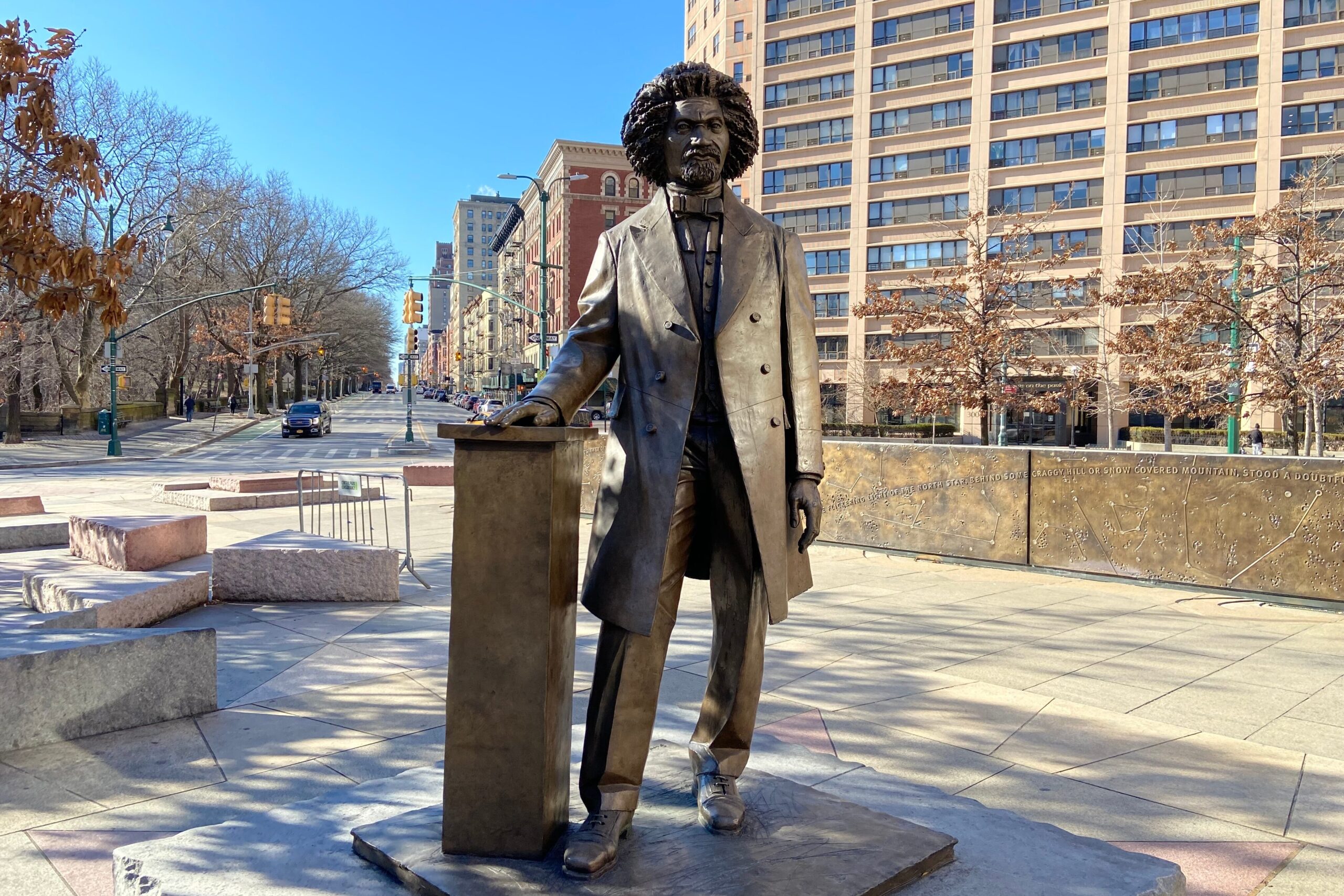
When you hear “Douglass,” you might immediately think of Frederick Douglass, and for good reason. He reshaped the American conscience through his speeches, writings, and sheer force of will. But the name lives on not just in monuments or streets—it’s alive in the descendants of people who saw in him a model of strength and intelligence.
Many Black families took the name to honor him or were already connected through abolitionist networks. It’s not one of the most common surnames, but it carries enormous weight. Every Douglass has a bit of rebellion and eloquence in the name. It’s a surname that speaks volumes without raising its voice.
13. Roosevelt
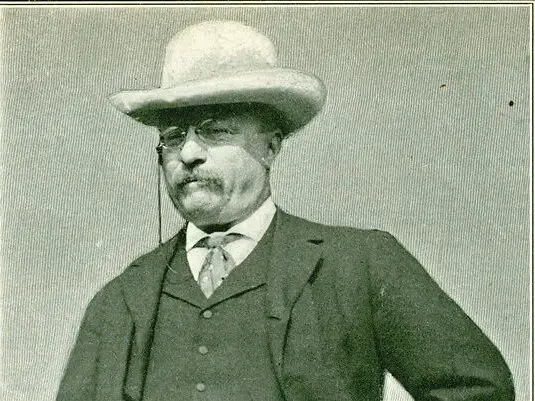
Roosevelt isn’t just one president—it’s two. Teddy and Franklin D. left very different marks on the country, but both brought leadership during defining moments. The name Roosevelt became tied to reform, recovery, and resilience. During the Depression and the World Wars, it was the name people turned to for hope.
That kind of name sticks, and some families chose it for exactly that reason. Over time, it came to signal progressivism, public service, and guts. Whether you think first of the Rough Rider or the New Deal, the name Roosevelt has a way of carrying history on its back. And even now, it still feels powerful.
